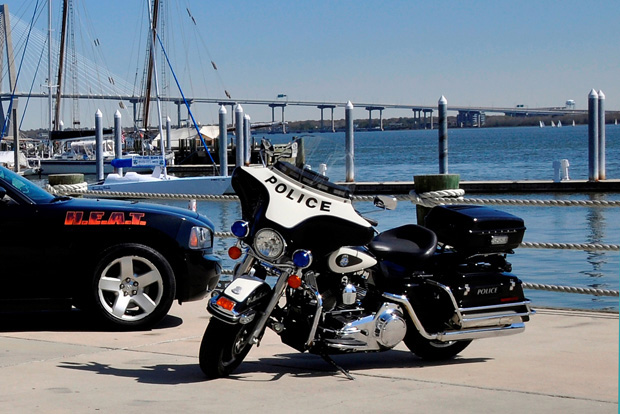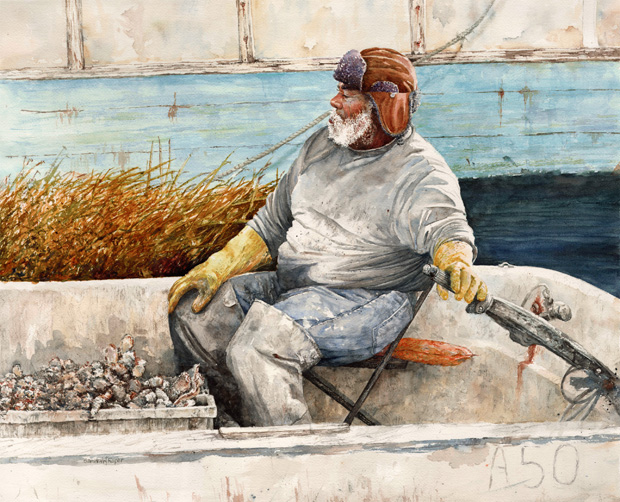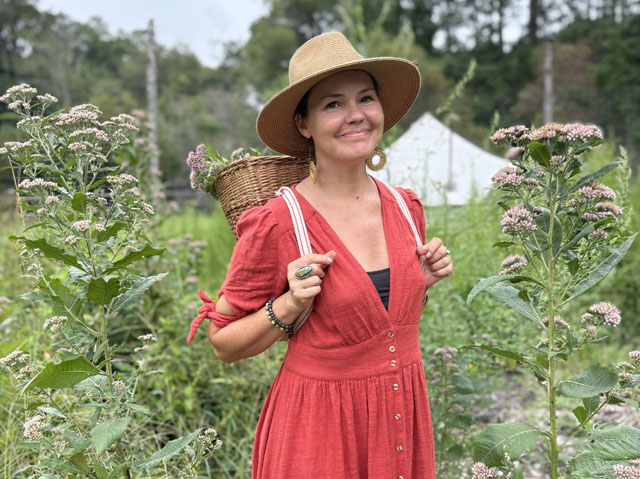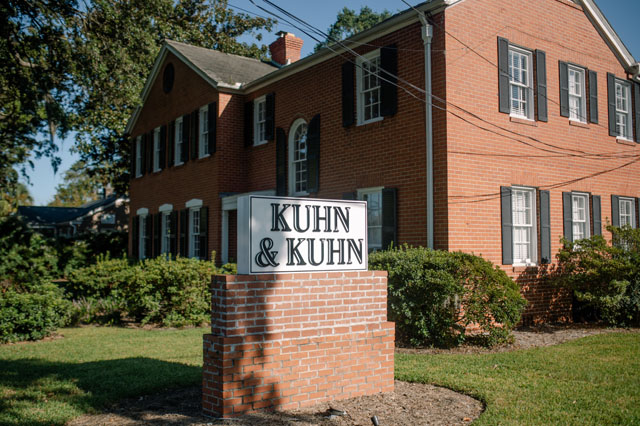Chiefs of Police
05 Jul 2017
Meet our local leaders in law enforcement, as they share with us those moments that stand out in their careers
By BARRY WALDMAN

Greg Mullen, Charleston
It took all of Greg Mullen’s 35 years in the Air Force and civilian law enforcement to prepare him for that fateful June day in 2015, at the Mother Emanuel Church.
“It was like somebody kicked us in the gut,” Mullen says about himself and the entire Charleston police force. “It created tragedy and sorrow and hate, and was very personal to all of us. As a result, I wanted to do everything I possibly could. We reached out to the families and survivors in any way we possibly could, to make it a little easier for them while they went through their grief.”
Mullen says the 11 years he invested in building trust between the police department and the community paid off that day. The attack and the shared suffering it caused spawned the Illumination Project, an effort to strengthen relationships between police and citizens.
“So many times in law enforcement we’re involved in a case and once it’s over we put a period on it. With this particular incident it was not possible to just go on to next thing. We had to take the unity, the compassion and the positives that came out of a horrific circumstance, to launch us to a more robust and determined process to build stronger and more trusting relationships with our community. That’s what got us through this.”
“Everyone is always looking at what police could do differently, but we got to bring in all types of organizations and individuals and collectively decide what we can do better. I’m really proud of the project itself.”
Andrew Gilreath, Folly Beach
Andrew Gilreath came to Folly Beach after honing his law enforcement skills in Indiana. He has served as police chief for three years, but it was while working his way up the ranks in May of 2012, that he discovered he had what it takes to lead.
“I was dispatched to the Folly Beach pier in regards to a suicidal woman. I (swam out) to the woman, grabbed her around the waist and attempted to keep her above water. She was so determined to complete the task, that she was taking me under with her.”
Gilreath continued dragging the woman towards shore, slowly making headway against her wishes.
“I began walking along the bottom toward the beach. Every time I came up for air, she was fighting to go back under. When I got to waist deep water, I was so exhausted I couldn't stand. I couldn't move, and so I just held her up as the waves crashed into us. My team pulled her to shore and began treatment. They also helped me get up and onto the beach.”
“My fellow team members here at Folly Beach DPS kept their wits in a high stress situation, worked to stabilize the patient, showed compassion with the family members, and helped save a life.”
“I learned something about myself that day: I have what it takes to make a difference, to sacrifice my own safety in order to save a stranger. It is something that I am very proud of and was one of the most rewarding days of my career thus far.”
Dennis Turner, Hanahan
Dennis Turner isn’t just the police chief of Hanahan, his family is embedded there. They live in Hanahan, his children go to school there, and they know many of the city’s 20,000 residents. Neighbors might see Turner in the supermarket in a t-shirt, shorts and flip-flops, but they know that they can say hello and discuss police business with him anytime.
That approachability may be homegrown, but it got a big boost in 2014, a year before Turner got the chief’s job. He attended the FBI National Academy in Quantico, VA. There he learned new management ideas and enjoyed the opportunity to interact with law enforcement from across the country.
Of particular note to him was a leadership school instructor who encouraged the police to increase their understanding and compassion for everyone they encountered – employees and members of the public alike.
The lesson Turner learned: “You have to pick up on where people are coming from.”
He also realized that as a leader, he needed to see past the minor details and take a broader view of the job. “You have to look at issues from the penthouse instead of the ballroom,” he said.
“That put me in a position to be chief. I’m more understanding and before I act, I look at a problem, consider all the circumstances and examine different choices. I also bring in command staff or reach out to other chiefs. I learned you have to have an open door and listen to people you serve.”
Rick Ollic, Moncks Corner
Rick Ollic was a detective in the Berkeley County sheriff’s department the day after Christmas of 2002, when a popular young woman was stabbed and beaten to death in Huger after offering a man a ride. Eighteen-year-old Rachel Sotille had just moved to the rural community after graduating from Wando High School and was beginning to work at Atlanta Bread Company.
For Ollic, the case was personal. “I got very close to that family. It was horrible to see any family go through that.” Derrick Grant was ultimately caught, convicted and sentenced to life for the murder.
That incident reinforced Ollic’s commitment to serve his community. Ollic’s father had served as an Episcopal priest, instilling in his son the desire to minister to people in need. “Early on I just wanted to have a career serving others,” he said. “My father and I ministered to people in two different ways. He had a profession to serve others and I serve them in a law enforcement capacity.”
Ollic served first as a volunteer firefighter, then joined the police force in 1986. As chief for the past year, that desire to serve has led him to reach out to the community. “On a monthly basis we’ll put up a tent, grill hamburgers and hot dogs and talk to people and build relationships. We ask what we can do to make the community better. We have seen great impact because we’re building trust. You can’t build it after something happens; you have to build it before.”
Carl Ritchie, Mount Pleasant
Carl Ritchie grew up on John’s Island and entered law enforcement right out of high school, and has handled 28 Cooper River Bridge Runs in his career. But he’d never seen anything like June 21, 2015, the day 10,000-15,000 people jammed the bridge and joined hands in a unity chain to demonstrate that our community could not be divided by racial hatred.
“Obviously with the Emanuel 9 and the Slager incident going on and cities blowing up, we had two of the most horrific things happen here,” he said. “We had a community and nation that was hurting and looking for a way to show we were hurting that was positive.”
Ritchie and his staff got involved by monitoring social media, where a group of local women were germinating the idea of a unity rally on the bridge. As support grew for the event, Ritchie invited the women to come speak with him.
“We sat down that Saturday morning. At first it looked like it would be manageable, but by Saturday it had grown so big. I told them to let us manage it, because logistically we could. We’ve done bridge runs and fourth of July events and so forth.”
Ritchie also collaborated with a member of Black Lives Matter from out of town. The man actually helped de-escalate a situation at the chief’s request.
“It demonstrated how something positive can come out of something so negative. We got communication from all over the world congratulating us on our response. It reminded me how important having good relationships in the community is.”
Eddie Driggers, North Charleston
For Eddie Driggers, who has been involved in law enforcement in North Charleston since 1975, it’s the long blue line that has always moved him.
“The people who came before us and those who are there now, learning from us how to carry on the trade, are very valuable assets to the community,” he said. “I don’t know many people who volunteer to take an oath to possibly give their lives for somebody that is a complete stranger. But we have many men and women who are called to safeguard and serve the people of this community.”
After a long career with the North Charleston police, county police and sheriff’s department, Driggers became ordained as an Anglican deacon and joined the Coastal Crisis Chaplaincy, which provides pastoral care and counseling for employees and families of first responders and for members of the public. “There is a sense of moral responsibility that drives and leads a man or woman to choose a profession like this” he said. “That drive comes from the way you were brought up, a sense of responsibility that your mother and father taught you, a belief in the system, a belief that one man or one woman can make a difference.”
Driggers said police need powerful, internal motivation, because they won’t make a lot of money even working on holidays and weekends in law enforcement. “I don’t think I doubted where I was called to work, because 42 years later, I’ve either been involved in law enforcement or called to serve those who need to know they’re loved.”
Jon Rogers, Summerville
“The opportunity to attend the FBI National Academy in 2009 changed me personally and professionally,” said Jon Rogers, who was appointed chief of police in Summerville after 10 years in executive positions.
The Academy is a three-month program attended by people from throughout the U.S. and from 24 countries. “I spent most of my time talking to the international folks to see how they handle things. We’re so used to Miranda warnings here in the U.S., but they don’t exist in many other countries. It required open minds to come up with solutions.”
It opened Rogers’ mind too. “It got me motivated to do better for myself so I could do better for the community,” Rogers said, about returning to school for an associate’s degree in criminal justice, a bachelor’s in workforce education and a master’s in leadership.
I realized how important it is for our professionals to be able to write and speak in public and interact with people from different countries. I came to understand that everyone in law enforcement is having the same problems worldwide.
Rogers says the leadership skills he uses helps him improve the culture of the workforce under his command. “Our workplace is a blend of multiple generations. They’re motivated by different things to come to work. Even though I wear a uniform, my job is much like a CEO’s. It’s so much more than enforcing the law.”
Rogers says he carries the lessons from the FBI academy around with him daily. “It broadens my horizons and reminds me to look outside for answers.”












